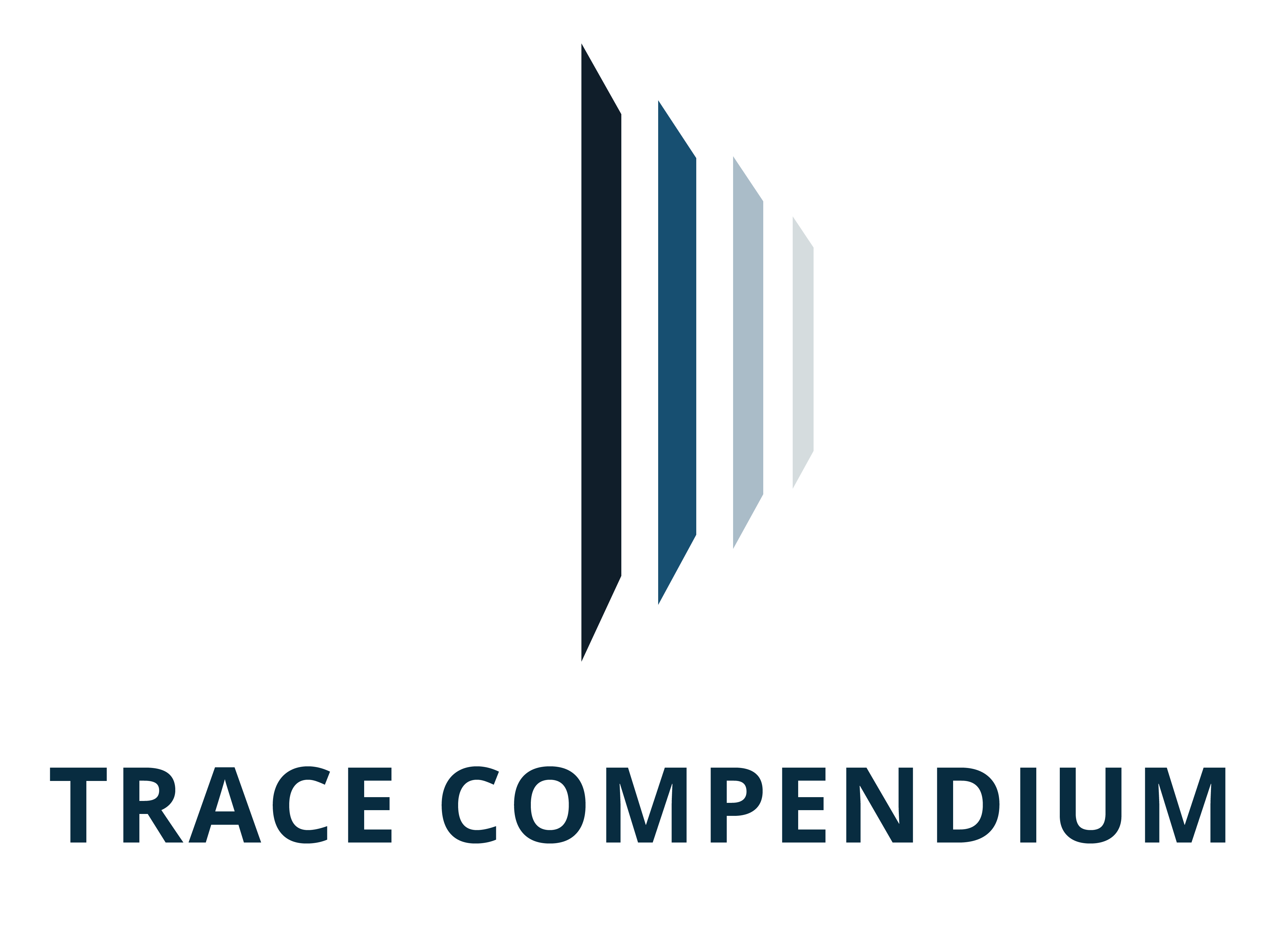
Marketing / Communications
San Diego, California, United States
Nationality of Foreign Officials: China
Summary of Allegations:
From 2002 to 2012, Qualcomm allegedly provided things of value to influence high ranking employees of state owned enterprises and government ministers to make regulatory decisions that would expand the use of Qualcomm-developed technology in China. Things of value allegedly included full-time employment and paid internships to relatives or referrals of Chinese government officials. Besides the preferential job treatments, a Qualcomm executive personally provided the official’s son with a USD 70,000 loan to buy a home and Qualcomm provided frequent meals, gifts, and entertainment with no valid business purpose, such as airplane tickets for their children, event tickets and sightseeing for their spouses, and luxury goods.
Furthermore, Qualcomm allegedly lacked sufficient internal controls to detect improper payments and the company misrepresented the things of value provided to foreign officials as legitimate business expenses.
Approximate Alleged Payments to Foreign Officials: USD 250,000 plus employment compensation
Business Advantage Allegedly Obtained: Unspecified
Agencies: China: Ministry of Public Security, China: People's Procuratorate, China: State Administration for Industry and Commerce
Results: Prosecution of Public Officials
Year Resolved: 2014
Compliance Monitor:
Ongoing: No
Details:
On 12 August 2014, China's State Council fired Zhang Xinzhu, one of its senior advisors to the State Council’s Anti-Monopoly Commission, after he allegedly provided consulting services to Qualcomm at a time when Qualcomm is facing an antitrust probe in China. Qualcomm allegedly hired Zhang without approval from the State Council and allegedly paid him USD 975,000 for his assistance in providing a report to China’s National Development and Reform Commission ("NDRC") to show that the company didn’t engage in monopolistic practices. Qualcomm denied paying the advisor directly because the report was allegedly written by Chicago-based Global Economics Group LLC and co-authored by Zhang, and the fee was paid to Global Economics for its services.
Agencies: United States: Civil Lawsuit
Results:
Year Resolved: 2017
Compliance Monitor:
Ongoing: No
Details:
A group of Qualcomm investors brought a shareholders' derivative suit in the Delaware Court of Chancery, alleging that Qualcomm's board had disregarded certain red flags in connection with its expansion in the Asia-Pacific region, leading to violations of the FCPA and subsequent enforcement by the SEC. On 26 June 2017, the court granted Qualcomm's motion to dismiss the action for failing to allege the futility of making a demand upon the board. The court did not address the defendant's argument that plaintiffs had failed to state a claim.
Agencies: United States: Department of Justice, United States: Securities and Exchange Commission
Results: Cease-and-Desist Order, Civil Penalty, No Action
Year Resolved: 2016
Compliance Monitor:
Ongoing: No
Details:
In Qualcomm's SEC Form 10-Q filed on 18 July 2012, the company noted that its audit committee had begun an internal review into Qualcomm's FCPA compliance, with the assistance of independent counsel. In connection with the investigation, Qualcomm informed the U.S. Securities and Exchange Commission ("SEC") and the U.S. Department of Justice ("DOJ") of instances in which special hiring consideration, gifts or other benefits with aggregated monetary value of less than USD 250,000, excluding employment compensation, were provided to several individuals associated with Chinese state-owned companies or agencies.
On 23 April 2014, Qualcomm disclosed in its Form 10-Q that it received a Wells notice from the SEC. The Wells notice indicated that SEC staffers decided to recommend action be taken with regard to alleged FCPA violations related to benefits offered or provided to individuals associated with Chinese state-owned companies or agencies.
On 19 November 2015, the DOJ notified Qualcomm that it was terminating its investigation and would not pursue charges in this matter.
On 1 March 2016, without admitting or denying the findings, Qualcomm agreed to pay USD 7.5 million civil penalty to settle charges with the SEC that it violated the anti-bribery, internal controls, and books and records provisions of the FCPA. Qualcomm also agreed to self-report to the SEC for the next two years with annual reports and certifications of its FCPA compliance.
Discovery Method: Whistleblower
Details:
A whistleblower from within the company informed the SEC. The FCPA investigation was initiated by the DOJ in response to the allegations made by the whistleblower.
Country: